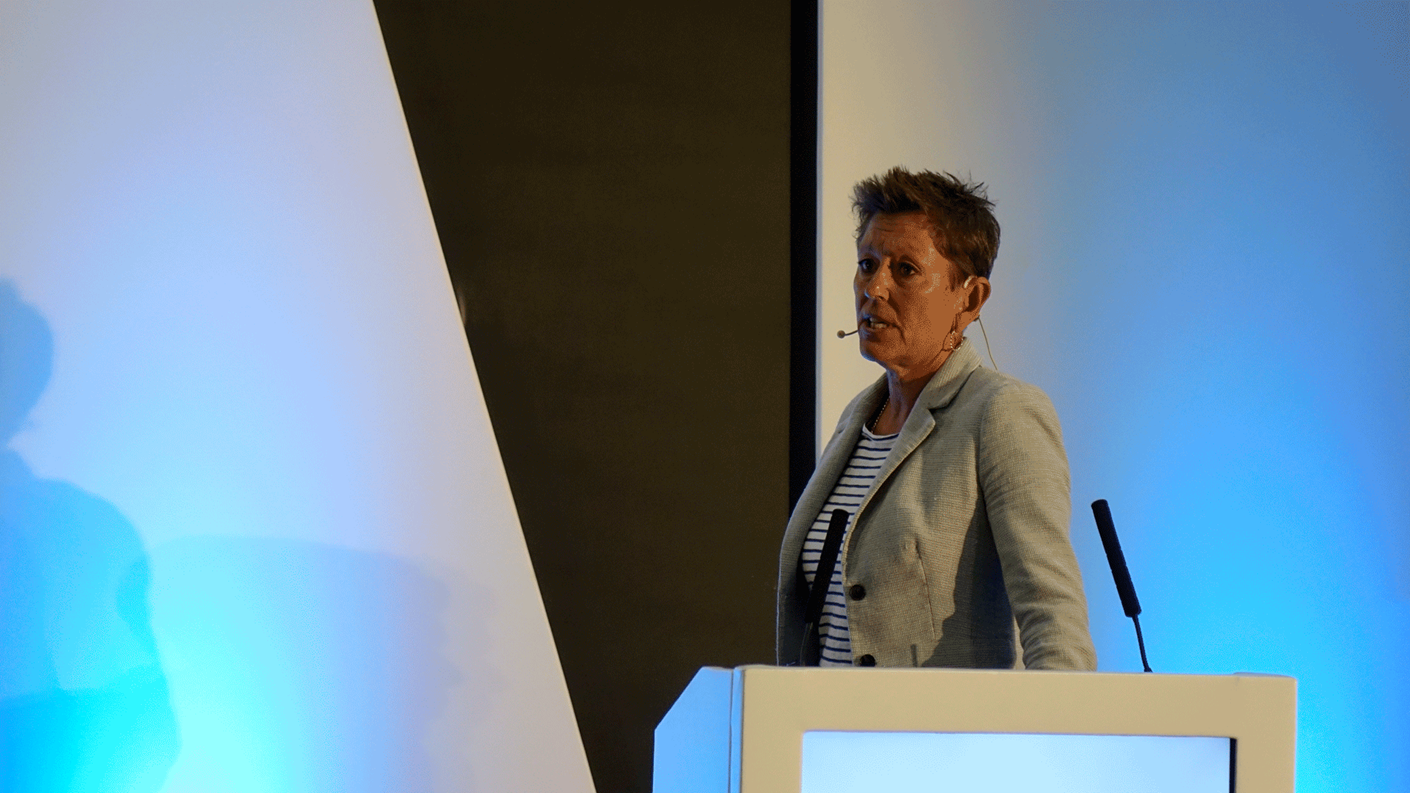CIMSPA CEO Tara Dillon reflects on the Birmingham Commonwealth Games 2022
Our communications team sat down with Tara this week to talk about the legacy of this year’s Commonwealth Games, how it compares to the 2012 Summer Olympics, and what needs to happen to empower sport and physical activity at a local level.
When asked about what stood out to her during the televised competition, Tara said “What I love about the Commonwealth Games is the integration of para sport. And I think this year, it went above and beyond.
“Having able bodied and disabled athletes compete in the way they did was just brilliant. To make it even better, CIMSPA’s own Chair was at the heart of it all.”
Marc Woods, CIMSPA Chair and a former British swimmer, who competed at five Paralympic Games, winning 12 medals, commentated during the swimming this year.
“He did a great job of explaining all the different classifications. Former Paralympians, like Marc, making it easier for everyone to understand and enjoy sport. Honestly, many of my friends, remarked on it: saying ‘I learned so much. I understand more about para sport now.'”
After the 2012 Summer Olympics, there were a lot of conversations around what legacy they would have. Not just on London, but the entirety of the UK. “I’m not sure the impact met expectations,” Tara said.
“I wasn’t near enough to it at the time to be able to explain why it didn’t have an impact. Nor am I going to sit here and judge anyone for its lack of impact. But it’s disappointing not to have seen something more momentous.” When asked what the legacy of the Commonwealth Games would be, Tara remarked “It’s really, straightforward.
“The Games were incredible for Birmingham and the rest of the country. Every time we host an event like this more people learn more about sport and physical activity. And usually, they’re people who are not typically interested or engaged with sport at all.
“When these people are in the moment, screaming at the TV because someone’s winning a race or scored in volleyball, we have a limited amount of time to speak to those people afterwards and put the benefits of sport and physical activity to them: their wellbeing, health, confidence, etc.
“But realistically, it starts at school.”
Currently, Physical Education (PE) isn’t considered widely important as other subjects in schools. Roughly 8 in 10 children are not achieving the Chief Medical Officers’ recommendation of an hour a day exercise.
“That’s ludicrous,” Tara explained. “I don’t understand why a school wouldn’t consider sport and physical activity essential. With the Games being committed to memory, now is the time to change that. It’s long been well documented that sport and physical activity contributes to a reduction in childhood obesity, prevention of onset diseases like diabetes, improves physical and mental wellbeing, confidence, teamwork and improves academic achievement overall.
“We need to ensure everyone, regardless of background or ability, can access PE at every level. Because, quite frankly, wasting the Games’ legacy is criminal.”
For our part, the initiatives CIMSPA’s working on are hyperlocal, with communities at heart of tailored skills strategies.
They will create skills and occupations that will have the greatest and the most direct impact on the community its serving and, more importantly, inject people that are far more reflective of their community.
If sport and physical activity is genuinely going to make a difference at a local level, collaborating with other key agencies to agree where skills will have the greatest impact is key. We must also be able to measure that impact. This will create a better evidence base for our sector’s work than previously seen.
CIMSPA has already begun building local sport and physical activity with the Skills Improvement Trailblazer Programme for Leicester, Leicestershire and Rutland.
This programme is an opportunity for local employers to shape future skills investment and development.
Organisations across Leicester, Leicestershire and Rutland already strive to improve the health and wellbeing of residents and visitors to the area.
But in the years to come, many will be keen to grow and develop their products and services, as well as their capacity to meet consumer needs.
To support this, businesses need skills and training tailored to meet their needs and that is exactly what this Skills Improvement Trailblazer Programme will deliver.
CIMSPA sees this as a blueprint for the future and, if successful, we will aim to roll it out nationally.
It will have a direct impact on people at the local level, giving them greater access to sport and physical activity professionals, including coaches, PE teachers, fitness instructors, swimming teachers, and more. All this is very achievable, but there is a ‘burning platform’ in front of us: the cost-of-living crisis. It’s skyrocketing operating costs for many leisure centres and swimming pools, leaving thousands of facilities under threat of closure. Without targeted government intervention, any legacy in any form will fail.
Finishing our conversation, Tara said “Sport and physical activity has socio-economic benefits at a huge scale. For every £1 invested we represent a £4 return in social value.
“Local needs differ vastly – for example, between cities and rural communities – and understanding the priority of each location and where the greatest impact can be had, working with local authorities, means that the benefits of sport and physical activity is more likely to be understood and felt as a catalyst for economic and social improvement: increasing health, wellbeing, social cohesion and improve local communities at little cost to councils.”
“There needs to be a political will to support sport and physical activity in the area which makes the most impact. A good starting point is to make daily physical activity available, accessible and enjoyable in schools.
“Continue the legacy of the Commonwealth Games today, not tomorrow.”
